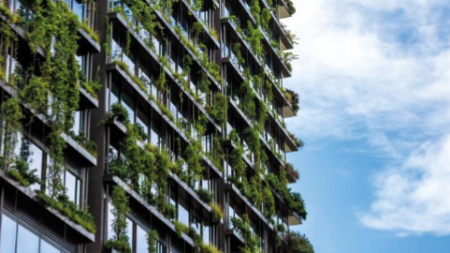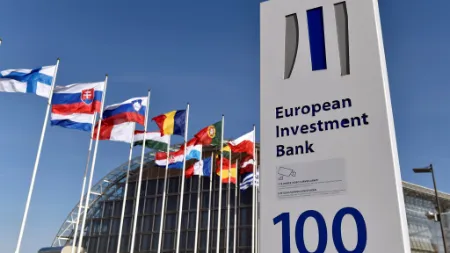Opinion - November 25, 2024
Was COP29 at Baku, a sword in the water?


Written by Bertrand Piccard
The negotiators had only one thing on their minds: to find a number of billions that would prevent COP29 from ending in failure. The conference president had warned that the agreement would be fair if each delegation left Baku with the same dissatisfaction at paying too much or receiving too little. This appears to be the case, with 1,300 billion dollars mobilised by the richest countries between now and 2035, including 300 billion a year specifically allocated to developing countries. Too much for the payers, who report their budget and debt problems, and ridiculously little for those who are suffering the effects of climate change without having contributed to it.
Yet I think the problem lies at another level. I'm surprised that so few people are talking about it. Who exactly is going to pay, to whom, and why?
The developed countries, which have been polluting the longest, are not necessarily the richest today. With its deficit budgets and abysmal debts, Europe is not in a position to show much generosity. The USA, despite its chronic deficit, remains the world's leading power, but the arrival of Trump will certainly not loosen the purse strings of the climate. That leaves Canada, Australia, Japan and New Zealand: nothing to boast about. Many other countries should be involved in this drive to help the poorest.
The question of ‘who pays’ and ‘who gets’ was overshadowed by the size of the bill, which drew everyone's attention. They may not have been emitting greenhouse gases for as long, but they are now among the world's biggest polluters: China, India, Brazil and so on. And the countries that produce fossil fuels? Even if the rest of the world uses their products, they are still the ones supplying them, and building megacities with the proceeds. So why shouldn't all these countries also pay? They have become the richest, even if they hide behind an average salary that allows them to be classified as a developing country. So some of them, not content with simply avoiding paying, are trying to put themselves on the list of those who should be compensated!
Secondly, what are we paying for? Of course the biggest emitters of greenhouse gases have a responsibility to the rest of the world, and it is clear that the countries that are currently suffering the most must be helped. Dykes need to be built, islands raised, infrastructure destroyed by hurricanes repaired, crops destroyed by drought or flooding compensated for. It is not up to the victims to pay, and the results of COP29 are there to remind us of this. Happily so. Without the much-criticised UN conference process, we wouldn't even be where we are today.
But when it comes to building renewable energy infrastructures, which are much more profitable than those that run on fossil fuels, installing more efficient processes using cleantech, insulating buildings... in short, moving from a world that wastes fossil fuels to one that saves on renewable energy, we are dealing with a different logic: that of investment rather than compensation. Here, the billions cannot come from the same pocket, since an investment is by definition lucrative, whereas a donation, repair or compensation is not directly so.
The same applies to Switzerland, where the recent adoption of the Climate Act and the revision of the CO₂ law are steps in the right direction, albeit insufficient ones. Without a clear commitment to direct funding towards the energy transition, there is a risk that these laws will remain an empty letter. Switzerland's drop in the international ranking of climate efforts, revealed during COP29, is striking proof of this: legislating is not enough; we also need to release the resources to take action.
If all this is not better defined, we will continue to debate in sterile confusion. And if we have Azeri in Baku, we'll be crying next year at COP30 in Belém, Brazil.
Read first in Le Temps, La Repubblica, EFE Verde and Forum Nachhaltig Wirtshaften.

Written by Bertrand Piccard on November 25, 2024


